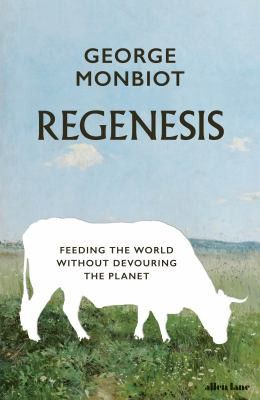How can we feed global populations while also safeguarding against climate change, and preventing the degradation of nature? These are the key questions that George Monbiot seeks to answer in Regenesis: Feeding the world without devouring the planet. Readers are taken on a journey to investigate how we can transform global agriculture to better feed global populations, while also using less land in the process. The extra land can be reserved for rewilding – restoring natural environments – which will help restore and increase animal populations, absorb carbon from the atmosphere, and safeguard against climate change.
If you have ever driven past wide tracts of farmland, where only a few trees are present and it is otherwise bare, this book is for you. If you have wondered at a recently ploughed field, with huge cuts in the earth, this book will let you dive deeper and discover what exactly is going on.
Monbiot, who has been an author and Guardian writer for years, is a master of evocative prose. Technical discussions are interspersed with lyrical descriptions of natural areas and the beauty they contain. These small but powerful moments are wonderful to read and provide constant reminders for why environmental protection is important and valuable to all of us.
I found Regenesis an extremely valuable critique of the current state of agriculture. Although Monbiot chiefly talks about the agricultural policies of the UK and Europe, it is easy to see parallels with Australia – after all, global methods are the focus here. I found myself being not just educated, but also (totally unexpectedly) entertained by topics like soil health, fertilizer use, and crop monocultures. Ultimately, the message is one of optimism as Monbiot looks to the future, and possible technologies and lifestyle changes that will safeguard the world.
Find Regenesis: Feeding the World Without Devouring the Planet by George Monbiot
Melina


